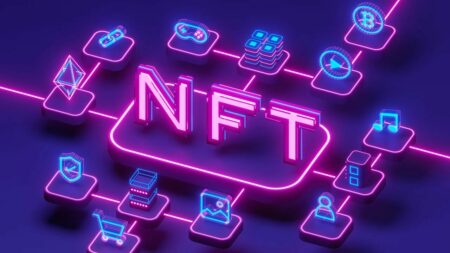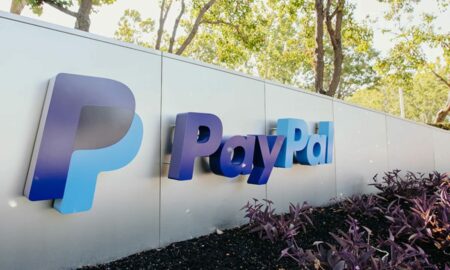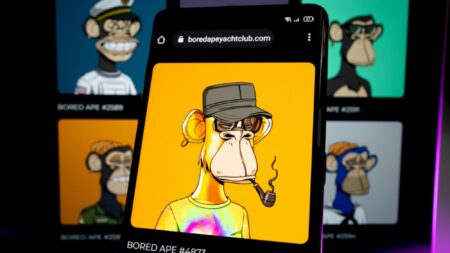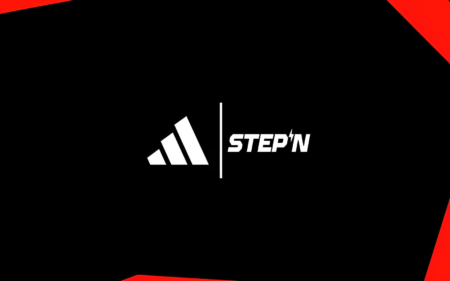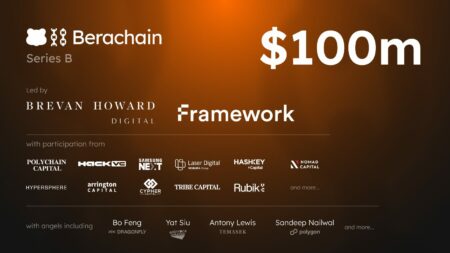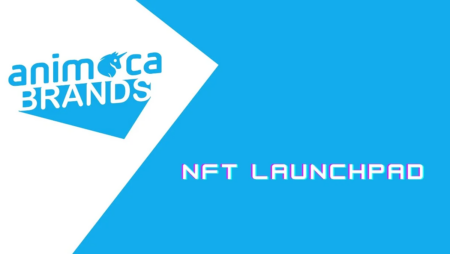According to research by Galaxy Digital, Bored Ape Yacht Club and Moonbirds have misled their buyers on IP rights. Apparently, they are falling short in the ways that they assign IP rights to holders. Particularly, it calls out the two collections in their ‘A Survey of NFT Licenses: Facts & Fictions’, which was released yesterday.
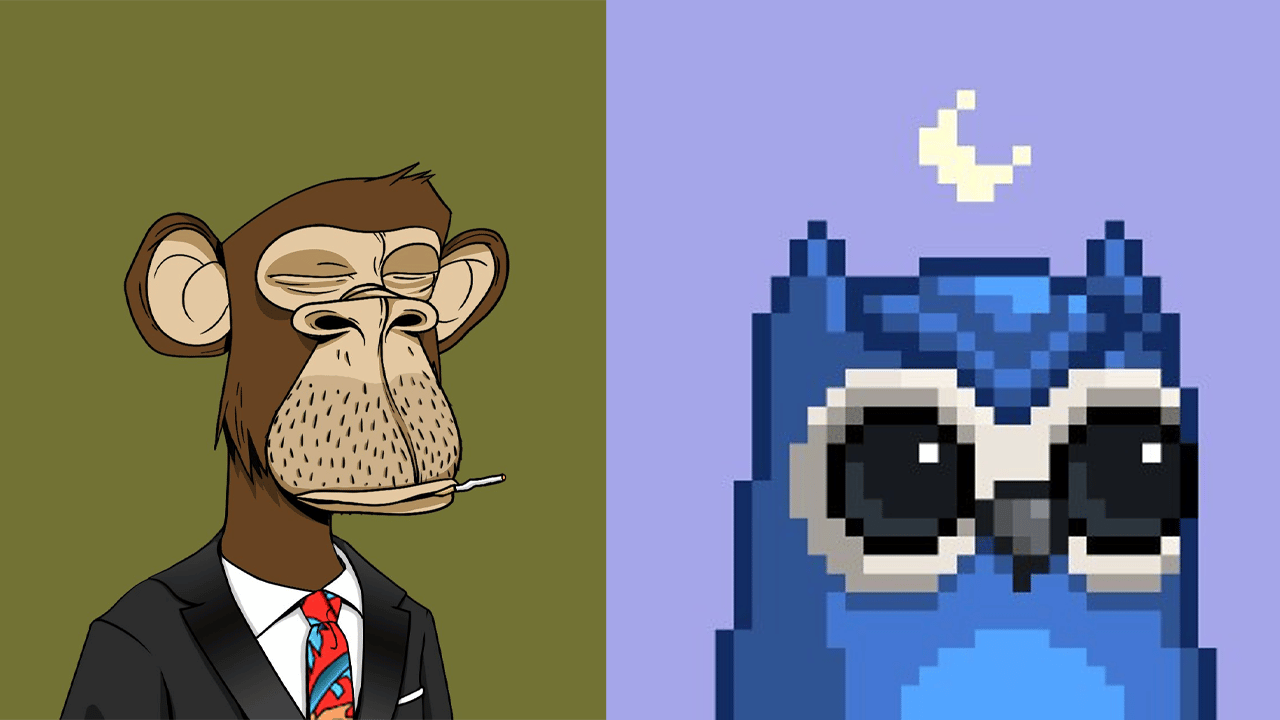
How BAYC and Moonbirds have Misled Buyers
Based on the research, many issuers, including the largest Yuga Labs, appear to have misled NFT purchasers as to the intellectual property rights for the content they sell. Interestingly, only one NFT collection in the top 25 (World of Women) even attempts to confer intellectual property rights to the purchasers of their NFTs.
The issues arise from the Creative Commons license, which has been the main subject in recent times. Although it is seen as a solution to the restrictive licenses of projects, it removes NFT ownership totally from a legal perspective, as it moves the IP into the public domain, simply meaning that anyone can use it for creative purposes. It, therefore, becomes impossible for NFT holders to defend their ownership rights in court.
Unfortunately, without improvements in the on-chain representation and transfer of IP rights from issuers (e.g. Yuga Labs) to token holders (the consumers), then everyone’s ideas and visions of the future of web3 may not be possible.
What can be done to fix this?
Some projects have been innovative in the way that they deal with the issues which were brought up in the study, and have found a way not to have misled their buyers through complete transparency.
Doodles, another of the top NFT projects, has dealt with this in a unique way. They allow users to make derivative projects, with a limited amount of revenue permitted to be made. This also restricts users’ ability to modify the original art.
Alternatively, VeeFriends by Gary Vaynerchuk only allows users to use their NFTs for personal use only. This means that they aren’t permitted to make their own commercial products.
Some projects also adopt the Creative Commons Zero license (a.k.a. no rights reserved). This simply means that anyone is able to use the artwork for derivative creation, not only the NFT holders. The ‘Nouns’ NFT collection is the most notable project to follow this license. Recently, MoonBirds announced that they plan to make this change to their NFT collection. This infuriated current holders, whilst it excited non-holders who are fans of the collection.
Called out by the Galaxy Digital survey
Some of the brands called out, Yuga Labs and Moonbirds, were done so for the reason of their wording within their license, which has misled buyers. Yuga Labs word it: “when you purchase an NFT, you own the underlying Bored Ape, the Art, completely.” Whereas the reality is that Yuga Labs still own the intellectual property. Galaxy Digital writes that Yuga Labs “implicitly acknowledges that the NFT holder does not, in fact, own the art.”
All investment/financial opinions expressed by NFTevening.com are not recommendations.
This article is educational material.
As always, make your own research prior to making any kind of investment.


